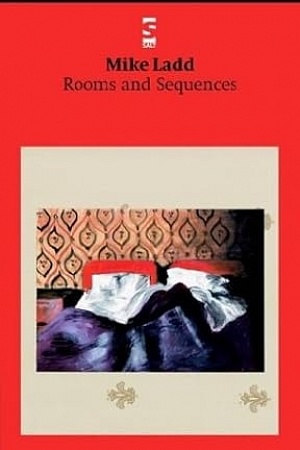Fiona Hile reviews 'Rhinestone' by Ella O'Keefe, 'Metadata' by Amelia Dale, 'end motion/manifest' by Sian Vate, and 'Office of Locutions' by Kate Middleton
All writers need good bookshelves, but the poet, perhaps more than any other writer, is charged with the involuntary dispensation and relentless accumulation of reading material. This is partly due to the proclivities of the producers and partly due to the characteristics of the form itself. As the notable cultural critic Pierre Bourdieu remarked, poetry's effects derive from games of suspense and surprise, from the consecrated betrayal of expectations, and from the gratifying frustration provoked by archaism, preciosity, lexicological or syntactic dissonances, the destruction of stereotyped sounds or meaning sequences, ready-made formulae, idées reçues, and commonplaces.
It makes sense then that poetry, with its emphasis on heterogeneity and proliferation, should be the form that disseminates its products through the kaleidoscopic auspices of an array of media. So we have poetry in book form, as live performance, painted, plastered, and magic-markered across buildings, walls, and doors, embedded in the human epidermis, filmed, screened, and published online. We put it up in neon lights, post it on the sides of buses and trains, encode it into the DNA of micro-organisms, type it and print it and photocopy the pages to be folded and stapled haphazardly in the middle. We do this because, unlike the purveyors of other cultural objects, the poet has recipients rather than customers and is thus freed from the requirement of 'the minimal conditions of economic independence'.
Continue reading for only $10 per month. Subscribe and gain full access to Australian Book Review. Already a subscriber? Sign in. If you need assistance, feel free to contact us.















Leave a comment
If you are an ABR subscriber, you will need to sign in to post a comment.
If you have forgotten your sign in details, or if you receive an error message when trying to submit your comment, please email your comment (and the name of the article to which it relates) to ABR Comments. We will review your comment and, subject to approval, we will post it under your name.
Please note that all comments must be approved by ABR and comply with our Terms & Conditions.